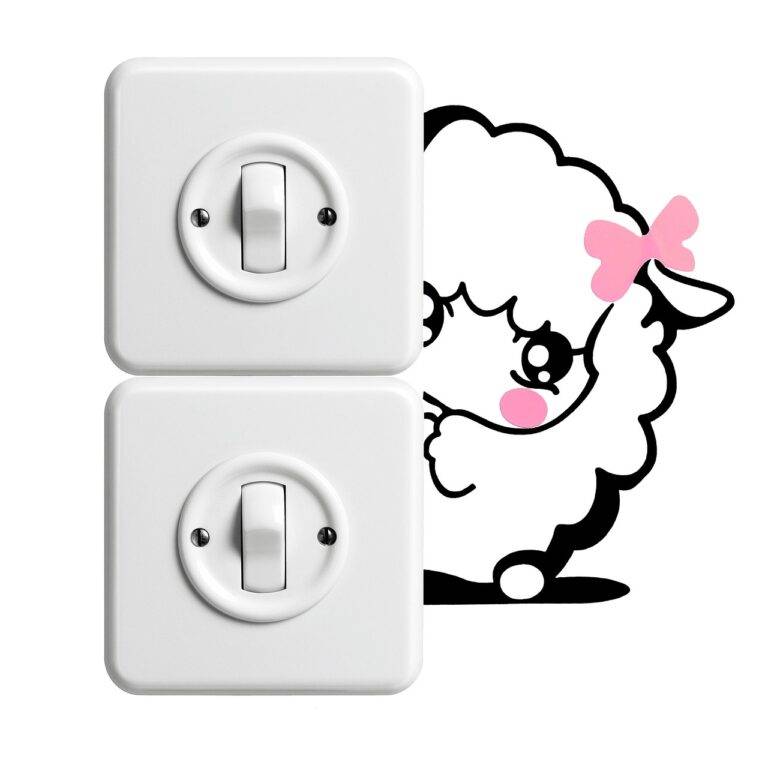The Psychology of Fandom: From Twilight to Marvel Cinematic Universe
Fandom serves as a significant outlet for individuals to express their personalities and find a sense of belonging. The psychological factors that drive people toward fandom are rooted in the basic human need for social connection and community. By immersing themselves in a fandom, individuals can escape from the pressures of daily life and enter a world where they feel understood and accepted.
Moreover, the emotional attachment that fans develop towards a particular fandom can be attributed to the fulfilling emotional experiences it provides. Whether it’s the excitement of following a thrilling storyline or the joy of connecting with like-minded individuals, fandom offers a space for fans to experience a wide range of emotions. This emotional connection not only enhances their overall well-being but also contributes to a sense of fulfillment and purpose in their lives.
Understanding the Emotional Connection
Fans often develop a deep emotional connection to the object of their fandom, whether it be a sports team, a band, a TV show, or a book series. This emotional bond goes beyond mere admiration; it involves a sense of belonging, attachment, and even love for the subject of their fandom. Fans invest time, energy, and emotions into supporting and engaging with their passion, which ultimately becomes an integral part of their lives.
The emotional connection that fans feel towards their chosen interest can provide them with a sense of purpose, community, and identity. It offers a way for individuals to express themselves, connect with like-minded people, and escape from the stresses of everyday life. Through their fandom, fans can explore different aspects of their own personalities, values, and beliefs, ultimately shaping and enriching their sense of self.
• Fans often develop a deep emotional connection to the object of their fandom
• This emotional bond goes beyond mere admiration
• It involves a sense of belonging, attachment, and even love for the subject of their fandom
• Fans invest time, energy, and emotions into supporting and engaging with their passion
• The emotional connection provides fans with a sense of purpose, community, and identity
• It offers a way for individuals to express themselves
• Connect with like-minded people
• Escape from the stresses of everyday life
Identity Formation within Fandom
One of the most intriguing aspects of fandom is the role it plays in shaping individuals’ sense of self. Fans often integrate their favorite characters, storylines, and communities into their own identities, blurring the lines between fiction and reality. This process of identity formation within fandom can be a powerful force, influencing how individuals perceive themselves and interact with the world around them.
Through their participation in fandom activities such as creating fan fiction, attending conventions, or engaging in online discussions, fans are able to express different facets of their personalities that may not have a place in their everyday lives. This freedom to explore alternate versions of themselves within the fandom space can be transformative, allowing individuals to experiment with new identities and gain a deeper understanding of who they are and what they value.
What are some psychological factors that contribute to fandom?
Some psychological factors that contribute to fandom include a sense of belonging, escapism, and the desire for connection with others who share similar interests.
How does fandom help individuals form their identity?
Fandom can help individuals form their identity by allowing them to explore different aspects of themselves through the characters and storylines they are passionate about.
What is the emotional connection that fans have with their fandom?
The emotional connection that fans have with their fandom is often rooted in a deep sense of connection and investment in the characters, storylines, and themes that resonate with them on a personal level.
Can fandom influence how individuals see themselves?
Yes, fandom can influence how individuals see themselves by providing a space for self-expression, self-exploration, and self-identification with the characters and narratives they admire.
How can individuals use their fandom to help shape their identity?
Individuals can use their fandom to help shape their identity by incorporating the values, beliefs, and traits they admire in their favorite characters into their own lives and self-concept.







